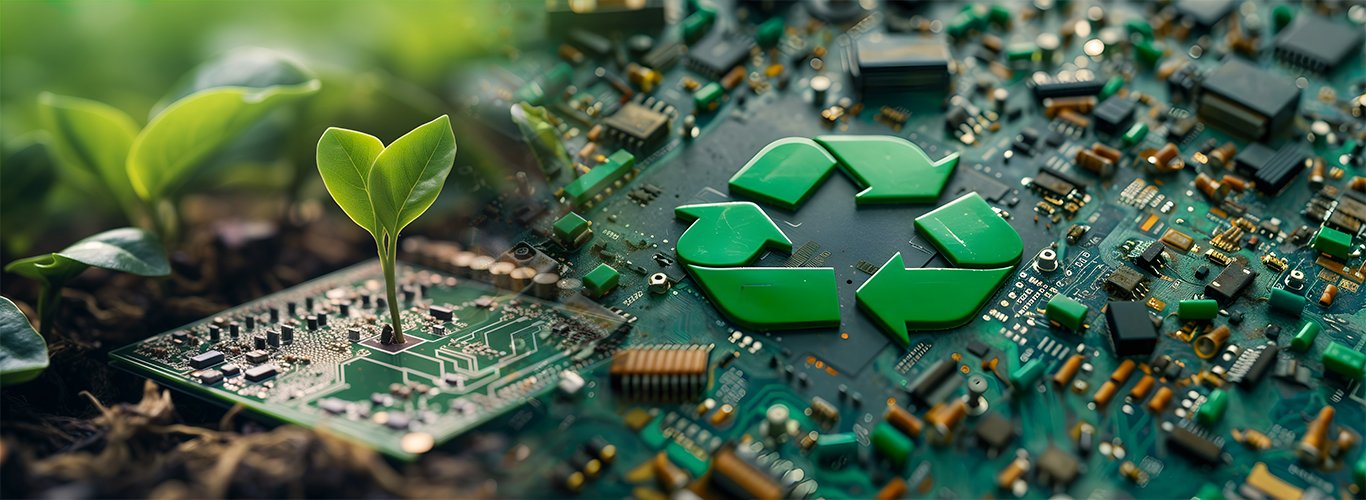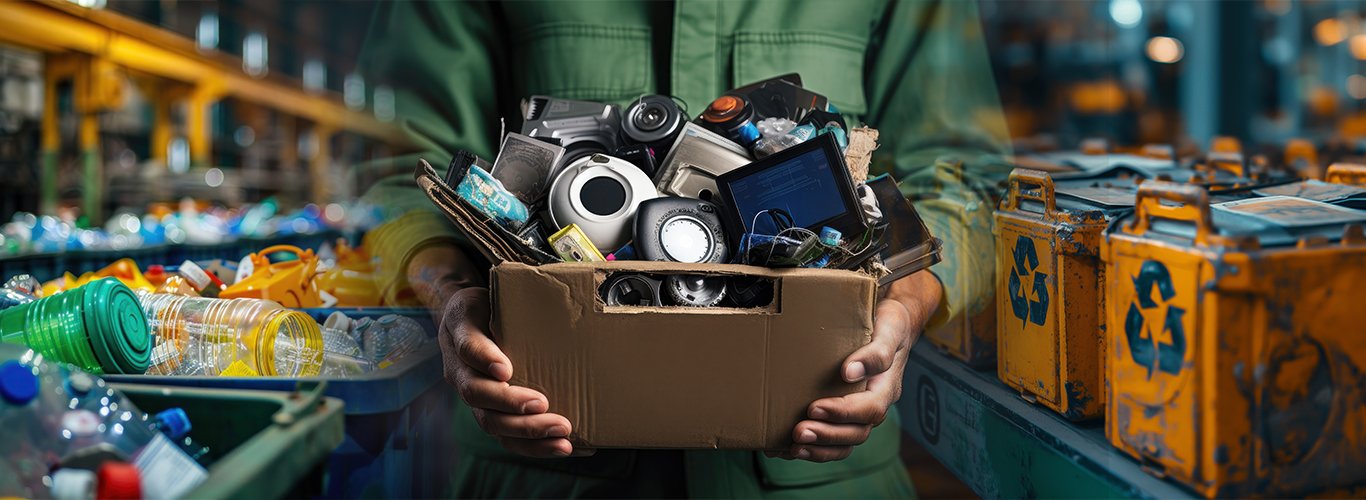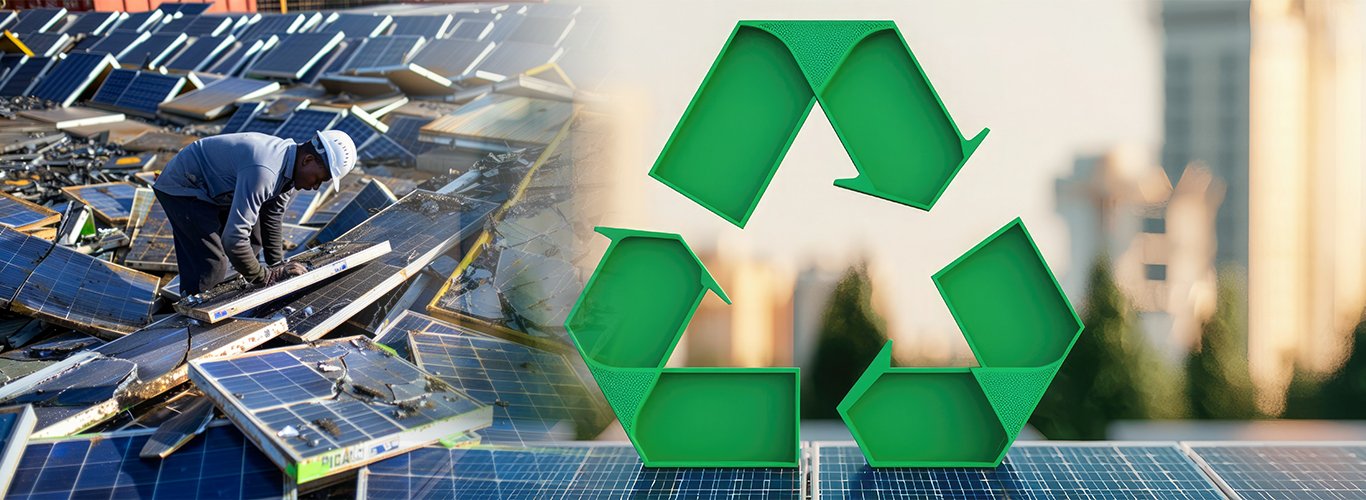
Unplugging the E-Waste Epidemic: Why International E-Waste Day is a Call to Action
The reach of extent e-waste has an infinite number of outstretches each year. Most data presented revealed 62 billion kg of e-waste generated in the year 2022, and the frequency of this data is rising every year. From monitoring the data on the collection rates, it has also revealed that our e-waste is overpowering, yet the solution is proper electronic waste disposal, but the collection doesn’t depict proper disposal. International e-waste Day is celebrated every year on the 14th of October to educate consumers on the use of electronic products and how they should dispose of the waste.
International E-Waste Day: Knocking up with awareness
The International E-Waste Day serves as a reminder of the urgent need to address issues concerning waste disposal. This year comes up with a new theme and challenge concerning stored unused e-waste that can be transformed into an asset. Here are some challenges we are dealing with regarding illegal waste disposal.
Environmental Impact
When e-waste is dumped in the wrong way, it emits health-damaging substances into the environment, water, and soil. These pollutants cause long-term harm to other species and players in ecosystems and to global environments.
Human Health Risks
The crude form of recycling, which is majorly practiced in the developing world, exposes the workers handling materials and dangerous elements without even a glove. Electronic waste has severe health consequences, which include respiratory diseases, organ disorders, and at times leading to cancer.
Resource Depletion
Electronics hold precious metals such as gold, silver, copper, and other metals that are valuable in the market. Still, as little as 10% of the global e-waste is processed through formal electronic waste disposal; consequently, millions of dollars worth of precious metals are lost in a year. These resources could, for example, be collected through proper electronic waste disposal and would greatly reduce the necessity of mining new material.
Economic Opportunity
It is also not just about the minimization of adverse effects; instead, it is also about gaining from it. Currently, the formal recycling industry offers potential for job creation and economic development. For that same reason, companies can also take advantage of the circular economy models, which imply the reuse, renovation, and recycling of materials.
What Can Be Done to Combat the E-Waste Crisis?
Since governments and organizations are important agents in combating the e-waste challenge, they are not alone in this one. Here are some actions everyone can take to make a difference:
Old electronics should be handed over to e-waste recyclers or take advantage of the take-back programs from manufacturers and merchants. It may be wise to fix these devices rather than dispose of them and buy new ones when they seem to have developed faults. In addition to the above-discussed points, another way of lowering demand for new gadgets is that people should prefer to use the finished products. Prefer a range of products that are developed by organizations that adopt a sustainable approach to product manufacturing and electronic waste disposal. Inform other people about proper electronic waste disposal and take part in the programs for the collection of electronic waste.
Looking Forward: The Future of E-Waste Management
E-waste management is a global challenge that demands participation from the government, organizations, and consumers. Outline several measures that should be implemented in order to effectively address e-waste: extension of legal responsibilities of producers by linking EPR programs with post-use risks; extension of coverage and efficiency of pick-up services for collecting recyclable and other types of waste; and further international cooperation.
So, on International E-Waste Day, let’s give recognition to the fact that the situation is critical and we have to start changing it today. Through research, decision-making, and castigation for sustainable actions, we have to come up with measures that will reduce the effects of e-waste and ensure that future generations will be living in a clean environment.
International E-Waste Day is more than just a date on the calendar; it’s a call to action.
Deshwal Waste Management: The time to act is now.




